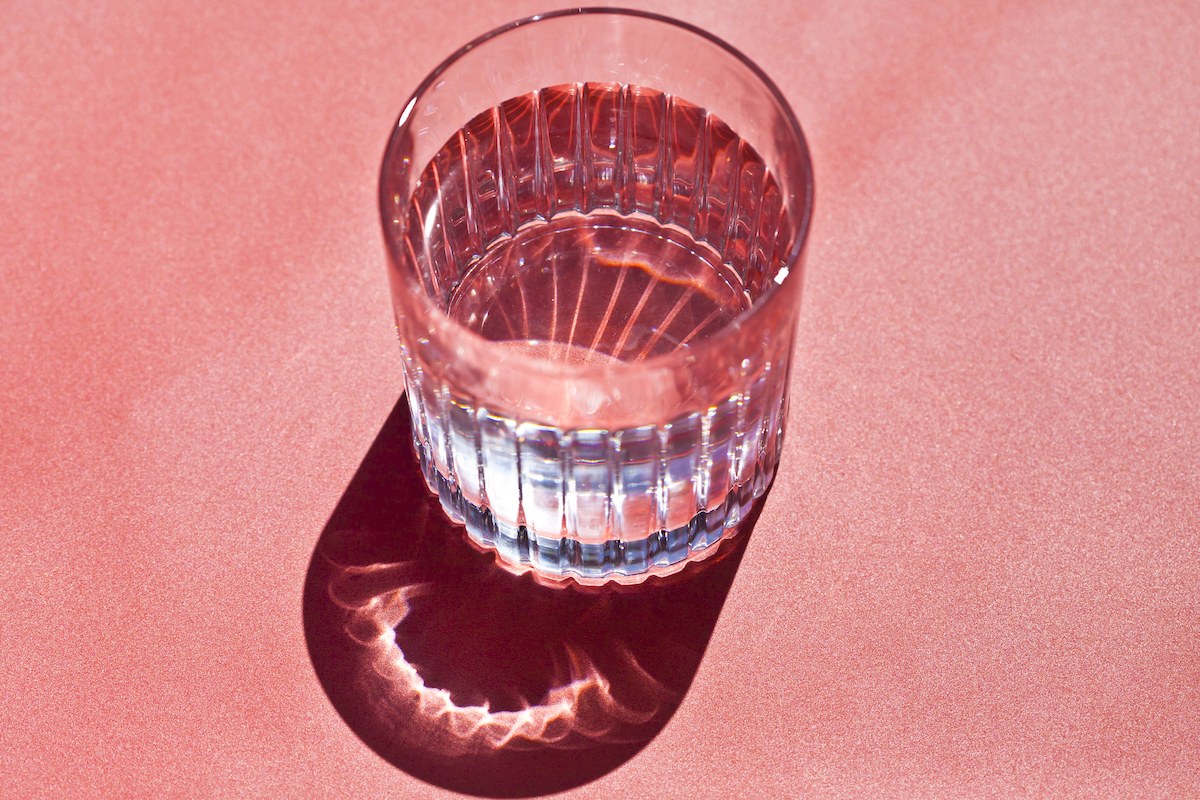Do nasal decongestants decrease milk supply? I’m a new mom going through a bad cold and can barely breathe through my nose, but am avoiding using pseudoephedrine because every health publication says it might decrease milk supply based on one study with eight women. My milk supply is mature at this point, but I am worried I’ll pump less and my seven-month-old won’t have enough for day care.
—Congested & Confused
The idea that cold medicine lowers your milk supply is widely accepted. You see references to it everywhere. It’s recommended as a way to reduce milk supply for women with an oversupply or if you are interested in ending breastfeeding. There are sites that aggressively recommend against using these medications if you want to continue breastfeeding. I certainly internalized this when I was breastfeeding.

It is sort of astonishing, then, to find that there is — as you note — only one study of eight women that shows these effects. The study (see it here) documents an average decline of 24% in milk production, which is measured by weighing the baby before and after feeding. However, what is missed a bit in the reporting is that the size of this decline is driven strongly by two women of the eight, who had declines in breast milk production of over 50%.
These women both had children who were well over a year, an age at which kids are often getting relatively little breast milk and where the approach of weighing a child before and after a feeding may be somewhat less informative. The declines in younger infants were there, but smaller — 4%, 10%.
Although this study did not report on follow-up, there is no reason to think that any of these declines — meaningful or not — persist past the period of the decongestant.
I’m not entirely sure where this leaves us other than frustrated at the overselling of such a limited set of data. It seems possible that the decongestant would temporarily lower your milk supply by a small amount. Then again, maybe it’s all just noise or error. And it is useful to remember that, on the other side, these medications really work at addressing congestion.
Community Guidelines
















Log in
This is infuriating!! How have they not done better research on what I imagine must be a very common question. I came down with Covid and I am unbearably congested. It looks like the study only looked at Sudafed. Is there any data on nasal sprays like Afrin that aren’t taken orally?
I asked my doc about affrin when I had a cold while pregnant. Again no studies on that either but my doctor viewed it as better alternative to decongestants while pregnant as long as taken as directed per packaging.